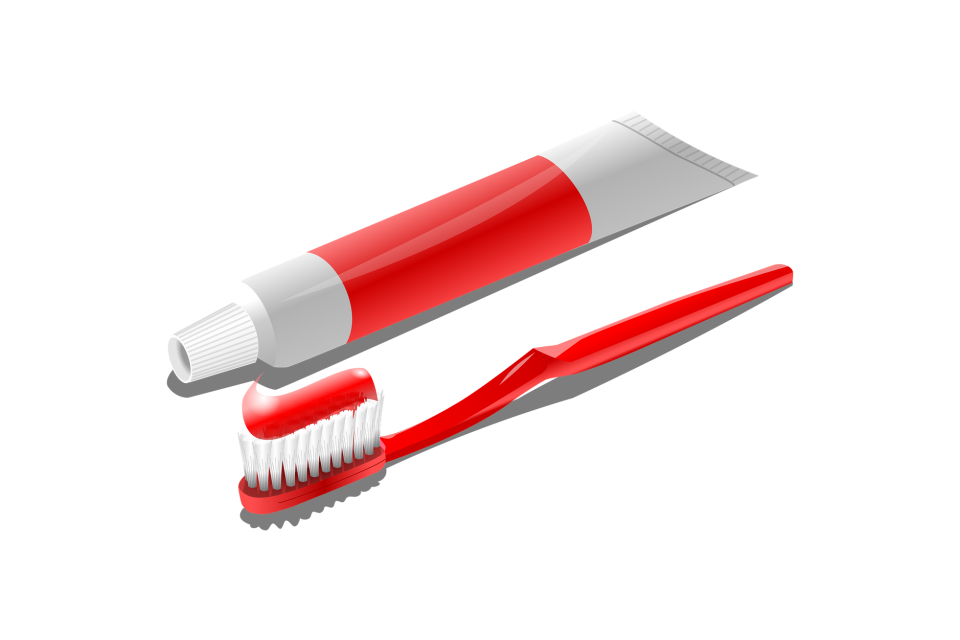One of the most difficult areas to address as a dentist, are issues concerning aging patients, specifically those who require assisted or nursing care. Dental care tends to suffer with these patients and often leads to failing teeth. Prevention is key.
Whether you are the one making decisions for someone else, or you are older and can make your own decisions, it is easy to let home care and regular dental visits decrease as time goes on. Dental health needs to stay at the top of the priority list for many reasons. Quality of life and the link between oral health and systemic health are two big ones.
Older patients will often say, “I don’t need to fix that. How much longer do I really have to live?” And every time I respond the same way, “If you told me that you knew you weren’t going to be around next year I’d say I would agree with you…..but you’ve been saying the same thing for 15 years.” It’s worse when the patients lose key teeth, when they had the opportunity to keep them for their lifetime.
When an elderly patient has a multitude of dental issues, in which some significant decisions need to be made, I consider the following issues:
• What is the general health status?
• How old is the patient?
• What is the general medical prognosis?
• Has the patient ever worn anything removable in their mouth?
• What is the minimal amount of dentistry that can be done that will not alter the patient’s quality of life?
• What are other treatment options to maintain or improve the patient’s quality of life?
The general health status of the patient plays a big role in deciding how to approach a patient’s dental care. People who have medical problems that are well controlled, are usually okay to receive general dental care. If a person is in good physical and mental shape, it is hard to use age as a determining factor for not maintaining good dental health.
The most important factor I believe needs to be considered is about quality of life. Studies have shown that loss of teeth results in a loss in quality of life. Some people with dentures have told me that they can eat anything. Others would pay anything to have their teeth back. The point is the enjoyment of eating. There is no one who could argue that eating with false teeth is as enjoyable as eating with real teeth.
The worst thing you could do to a 70+ year old person (or for that matter anyone, but the older you get the worse it is) is to remove teeth and make them wear something removable in their mouth. Dentures can be very difficult to adjust to, and it is even harder when you are older. The problems with dentures not staying in, the patient not wanting to wear them, and impacting a patient’s nutritional intake, are all issues that are much more difficult for the elderly.
The best way to avoid having to deal with major issues as you get older is to make sure you take care of your teeth while you’re younger. If someone you love ends up in a nursing facility, one of the most important things you could do for them is to make sure they get proper dental care.
Dr. St. Clair maintains a private dental practice in Rowley and Newburyport dedicated to health-centered family dentistry. He has a special interest in treating snoring, sleep apnea and TMJ problems. If there are certain topics you would like to see written about or questions you have please email them to him at jpstclair@stclairdmd.com




